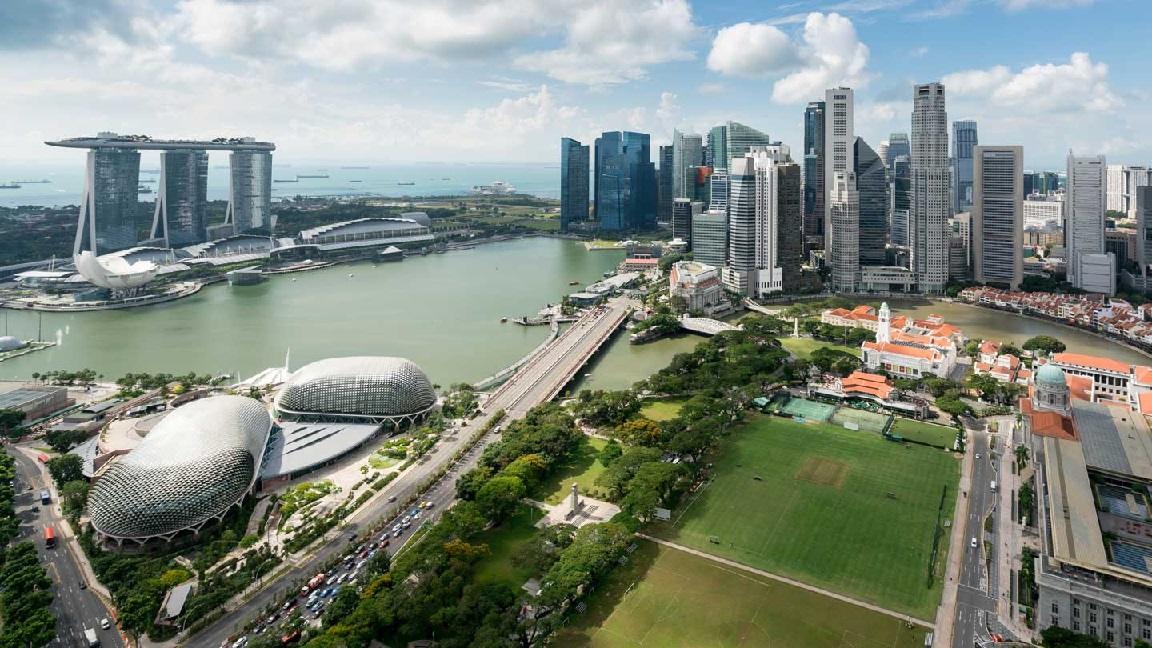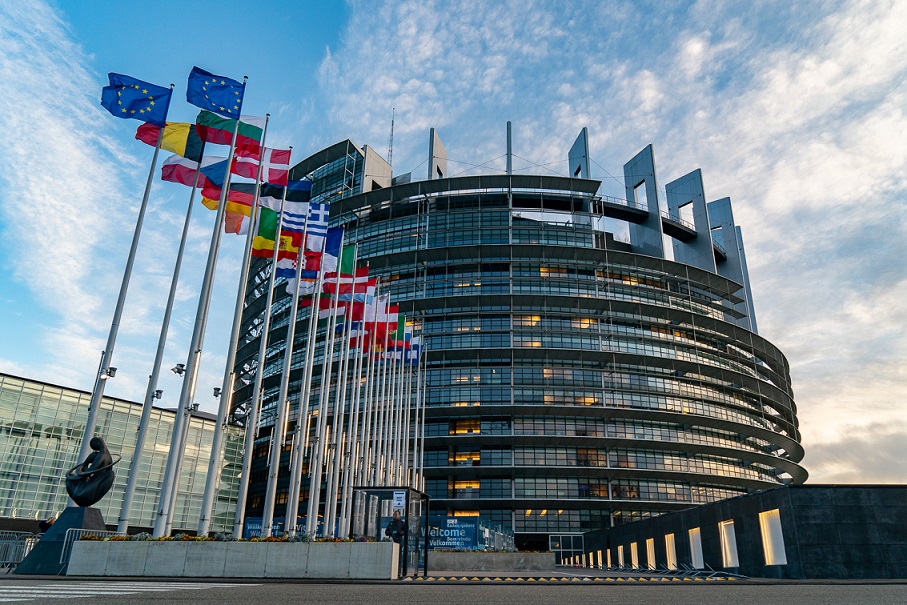Singapore Invests S$35 Million in Sustainable Finance Upskilling of Financial Sector
The Monetary Authority of Singapore (MAS), the central bank and financial regulator of Singapore, announced today that it will allocate S$35 million (USD$26 million) over the next three years to support upskilling and reskilling initiatives in order to develop sustainable finance specialists in the financial services sector.
The new investment announcement was made alongside the release by MAS and Institute of Banking and Finance (IBF) of the Sustainable Finance Jobs Transformation Map (JTM), a new study predicting that the sustainable finance market in the Association of Southeast Asian Nations (ASEAN) over the next decade will amount to S$4 to 5 trillion, spurring a major need to upskill the financial services workforce in order to seize these opportunities.
Mr Chia Der Jiun, Managing Director, MAS, said:
“ASEAN’s sizeable sustainable financing needs over the next decade present significant opportunities for Singapore’s financial centre to support the region’s transition to net zero. MAS is strongly supportive of efforts across financial institutions and the training providers to upskill the financial services sector workforce in a timely fashion. I encourage professionals to tap on the available support and deepen their sustainable finance capabilities to capture these opportunities.”
The new JTM study, conducted by KPMG in Singapore, and supported by Workforce Singapore (WSG), predicted that more than 50,000 financial services professionals are expected to see new sustainable finance-related tasks added to their jobs to a moderate to high degree, across a broad set of career tracks ranging from risk, compliance and product solutioning to sales, distribution and relationship management. New tasks for professionals could include the incorporation of sustainability risks into enterprise management systems, and structuring products to meet sustainable finance needs.
The study also highlighted 20 key job roles as high priority areas for upskilling, such as corporate banking relationship managers who will need knowledge of sectoral decarbonization pathways and sustainable finance instruments to identify and explain service offerings to clients, and portfolio managers, who will need sustainable investment management skills to construct investment portfolios meeting investors’ sustainability strategies and preferences. The study also predicted the emergence of entirely new roles, in areas including sustainability risk and strategy.
The new investment announcement follows the launch by MAS last year of the Finance for Net Zero (FiNZ) Action Plan, its series of strategies to mobilize financing aimed at catalyzing the net zero transition in Asia, and decarbonization activities in Singapore, which included targeted areas of action ranging from improving access to climate data to advancing disclosure by financial institutions, as well as building a workforce with sustainable finance skills and expertise as a key enabler.
MAS highlighted some of the key initiatives it will focus on through its investment to upskill and reskill the finance workforce, including expanding the suite of sustainable finance courses, with the development of two new undergraduate programmes focusing on sustainable finance, and plans to launch more than 65 new executive courses and a new executive masters in sustainable finance this year by institutes of higher learning, as well as the implementation of an IBF Skills Badge for industry professionals to recognize the acquisition of sustainable finance skills, and supporting skills-based hiring by employers.
Mr Alvin Tan, Minister of State, Ministry of Trade and Industry and Ministry of Culture, Community and Youth, and Board Member of MAS, said:
“If Singapore is to be Asia’s leading sustainable finance hub, we must equip our workforce to be ahead of complex and fast-evolving sustainable-finance related issues and opportunities.”
Click here to access the JTM study.





